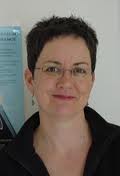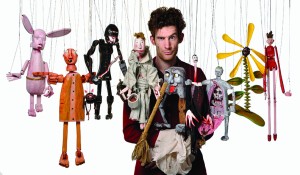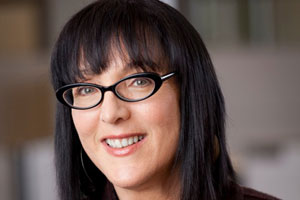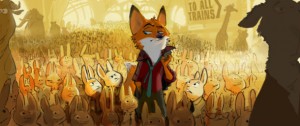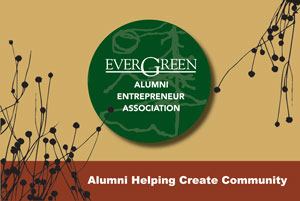Editor’s Note: This poem was read by faculty member and academic dean Andrew Reece at the 2013 President’s Brunch, one of the events kicking off the academic year. It is composed from questions lifted directly from program descriptions. Hope it brings back happy memories.
2013-14 Undergraduate Index A-Z at Evergreen, or: The Online Catalogue, by Andrew Reece, Member of the Faculty
Yes or no?
Is a good life one full of pleasure and devoid of suffering?
A moral life? A long and healthy life?
Is there such a thing as a Caribbean culture,
or are identities complex amalgams
that defy easy categorizations
such as Caribbean,
Dominican American,
creole Martinican,
Afro-Cuban,
East-Indian Trinidadian?
Would you like
to really understand
“buzz terms”
the media uses
such as sustainability,
green materials,
climate change,
the water crisis,
the energy debate,
genetic engineering,
DNA fingerprinting and cloning?
Must quotidian always be associated with humdrum?
China: A Success Story?
What?
What kind of knowledge do we encounter
in fiction and poetry? What
are the psychological mechanisms involved
in the larger action of the human imagination,
urging us to explore new avenues, to see
what others have not seen, to create what
no one has yet created? What do you know
when you know a language?
Sustainability – what does it mean?
What can the study of play teach us
about the nature of power? What
are the limitations on the use of culture
when one has limited political
and economic self-determination?
Who’s Got What? What’s
been handed to you, and
what will you hand on?
Where?
Where did that Walmart come from?
How?
How does a group of indigenous people
from different countries create an activity
to reclaim ancient knowledge? How does imagination
respond to the emotional self, the physiology
of the body, and the psychology of the mind? How
does one’s understanding
of the physical environment shape
ways of writing and understanding the world?
How can we develop and nurture
the “civic intelligence” that will help ensure our actions
produce the best outcomes? How
can music and dance be used to transform lives?
Why?
Why do humans keep pets and
at the same time raise animals for food?
Why is it that humans can handle ambiguity,
but computers have such a difficult time?



